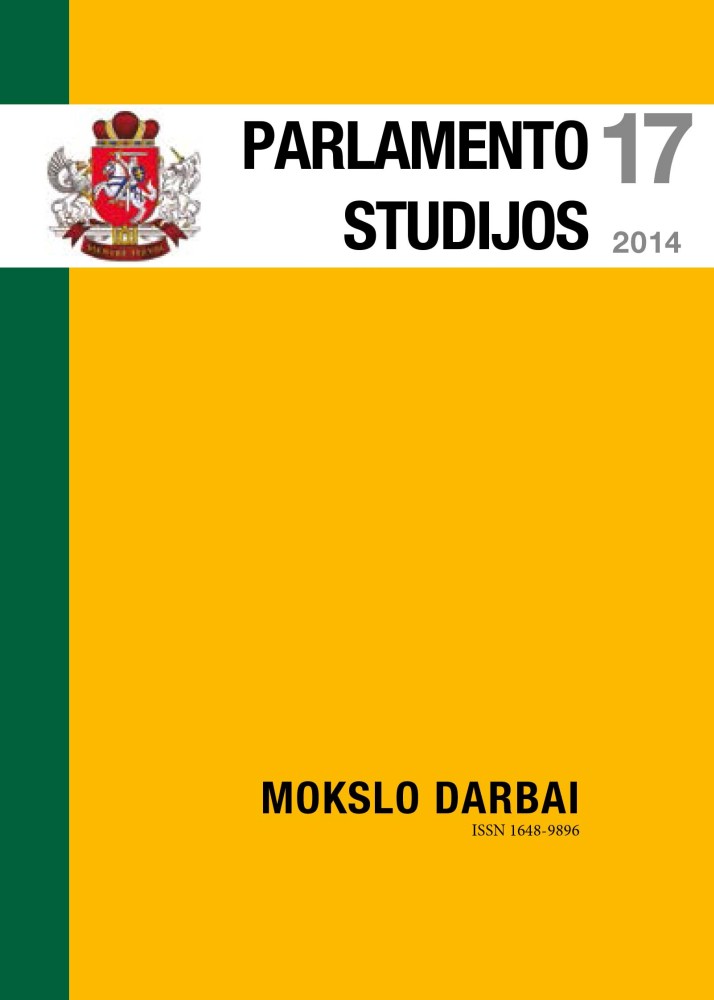Participation of Political Parties in Coalition Governments: Reflections in the Lithuanian Mass-media (1996–2013)
DOI:
https://doi.org/10.51740/ps.vi17.207Keywords:
Lithuania, coalition government party, prime minister, national daily, news website, heading, textAbstract
Political parties play a key role in the functioning of coalition cabinets; therefore it is reasonable to expect the media to pay considerable attention to political parties while covering activities of coalition governments. This interdisciplinary exploration draws on methodologies of Comparative Politics and Media Studies in order to ascertain whether Lithuanian media emphasize political parties as important factors of coalition governance. The article begins by introducing readership trends for daily print newspapers and news websites that have been studied as a part of Lithuanian media monitoring, along with methodology of the project. Next we discuss the importance of political parties in the context of coalition governance in Lithuania, paying particular attention to partisan aspects of coalition formation, maintenance and dissolution. We build on he insights of coalition theory to produce three testable hypotheses about the focus of national print media on political parties acting in Lithuanian coalition cabinets. In the empirical study we analyze data, gathered by monitoring text-based media, encompassing articles related to the functioning of Lithuania’s coalition cabinets between 1996 and 2013. The findings show that, consistently with expectations, articles describing and commenting activities of Lithuanian coalition governments dedicated more attention to political parties when writing about minority cabinets; in the meantime, articles concerning the work of minimal winning coalitions placed less emphasis on political parties. On the other hand, contrary to expectations, political parties as collective actors have received most attention during the operation, as opposed to the formative stage of coalition life. Chronological analysis of publications has also led to rejecting a hypothesis that journalists learn over time to pay closer attention to the significant role that political parties play in coalition cabinets. It is also worth noting that Lithuanian media produces significantly fewer partisan aspects in article headlines than in actual texts.








 The metadata of the scholarly journals and publications of the Lithuanian National Martynas Mažvydas Library is distributed by
The metadata of the scholarly journals and publications of the Lithuanian National Martynas Mažvydas Library is distributed by 